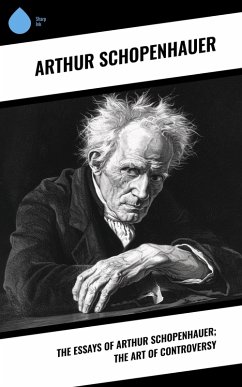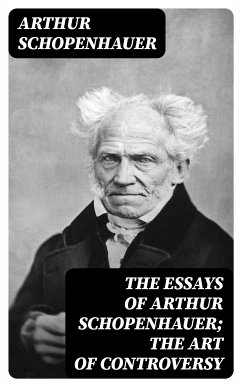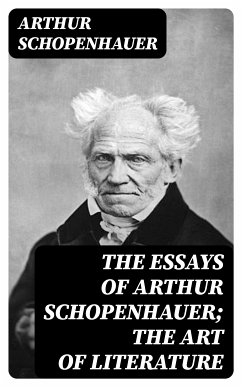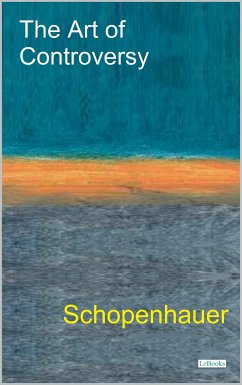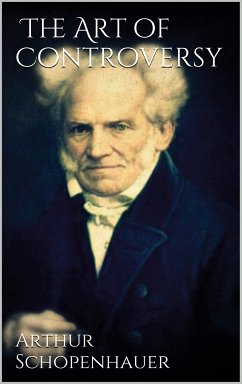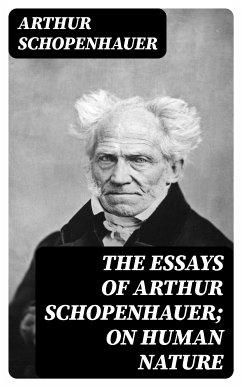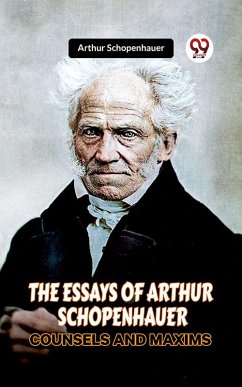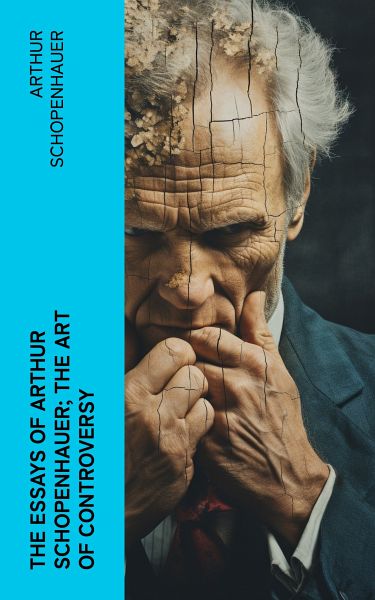
The Essays of Arthur Schopenhauer; the Art of Controversy (eBook, ePUB)
Versandkostenfrei!
Sofort per Download lieferbar
1,99 €
inkl. MwSt.
Weitere Ausgaben:

PAYBACK Punkte
0 °P sammeln!
The Art of Controversy (or The Art of Being Right) is a collection of debate formulas written in 1831 by the German philosopher Arthur Schopenhauer. In this book, the author presents methods of gaining an unfair advantage in a debate and thereby being right even if you are wrong. Schopenhauer is a champion in the dialectical argument; in his view, dialectics is wrongly neglected by philosophers in favor of logic. This work is a handbook of modern debaters like Prime Minister Boris Johnson.
Dieser Download kann aus rechtlichen Gründen nur mit Rechnungsadresse in A, B, BG, CY, CZ, D, DK, EW, E, FIN, F, GR, H, IRL, I, LT, L, LR, M, NL, PL, P, R, S, SLO, SK ausgeliefert werden.




